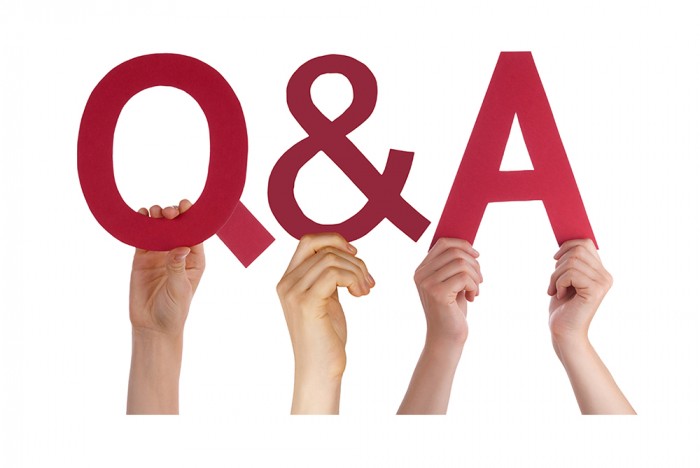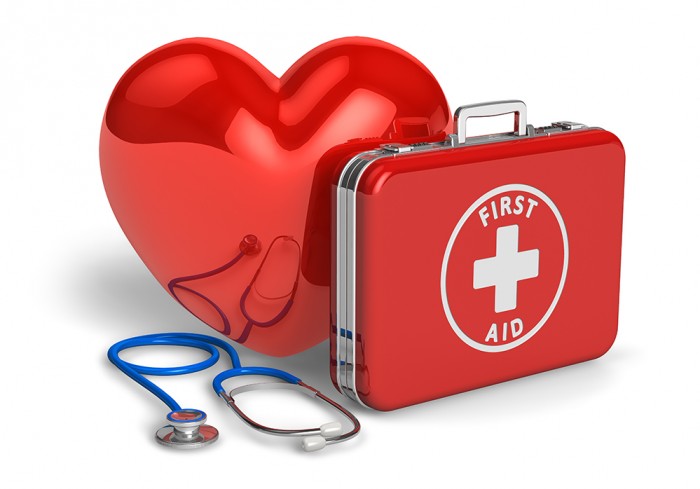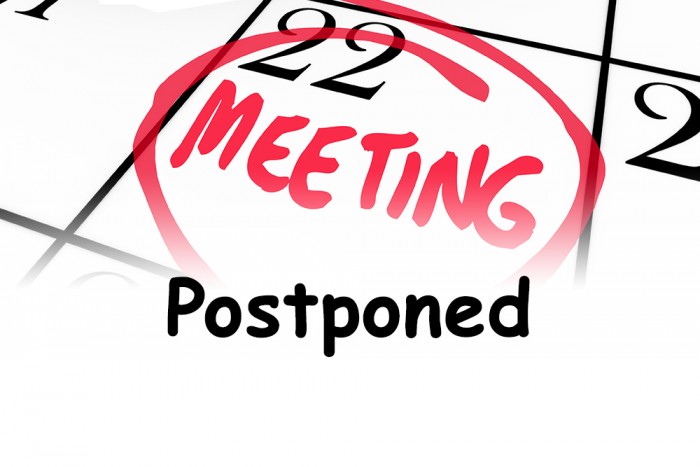OMHSAS to Release Service Provision FAQ
OMHSAS and RPCA continue to work together to offer guidance to our provider community in ensuring we are all meeting the community’s needs. OMHSAS and RCPA have been working with the Behavioral HealthChoices partners to further coordinate care for all, and providers should continue to coordinate with their partners to jointly decide what services and modalities are needed to serve our behavioral health community. OMHSAS will be releasing an FAQ shortly to assist behavioral health partners and stakeholders. If you have questions, concerns, or feedback please contact RCPA Policy Directors Sarah Eyster or Jim Sharp.
Gov. Wolf Offers COVID-19 Community Preparedness and Procedures Materials
Harrisburg, PA – To help make the public aware of COVID-19 preparedness and procedures, the Wolf Administration has created a library of free outreach materials for businesses, organizations, and anyone interested in displaying important messaging on COVID-19.
The materials are available at PAcast.
“The goal is for everyone to have access to and be encouraged to share the information important to stopping the spread of COVID-19,” Gov. Wolf said. “Please help us share awareness while using caution and protecting yourself.”
Posters are available in multiple sizes and every Pennsylvanian is encouraged to make them accessible to their community of friends, community or religious group members, and business associates to print and post. The administration also expects the posters to be available in newspapers across the state for residents to tear out and post throughout their communities.
Properly sized graphics are available at PAcast for social media. Gov. Wolf also encourages everyone to make use of COVID-19 social media content on the Pennsylvania Department of Health’s Facebook and Twitter pages.
The most up-to-date information, including video graphics, footage of all of the governor’s press conferences and b-roll, is also available at 08PAcast. Additional materials will be added to the library as they become available and as the situation evolves.
MEDIA CONTACT: Lyndsay Kensinger, 717-783-1116
# # #
Department of Labor Guidance During National Emergencies
The Wage and Hour Division (WHD) provides information on common issues employers and employees face when responding to influenza, pandemics, or other public health emergencies, and their effects on wages and hours worked under the Fair Labor Standards Act, and job-protected leave under the Family and Medical Leave Act.
Use this link to view the recently posted guidance on WHD’s website.
- COVID-19 or Other Public Health Emergencies and the Fair Labor Standards Act: Questions and Answers
- COVID-19 or Other Public Health Emergencies and the Family and Medical Leave Act: Questions and Answers
Also, the Department issued a press release with links to this guidance, as well as guidance from OSHA and OWCP.
RCPA Outreach and Crisis Proposals to DHS
Over the past several days, RCPA has been in contact with numerous DHS and Department officials to brainstorm issues and ideas in this time of crisis. There have been some emergency relief efforts already released (e.g., ODP, OCYF), and there are no doubt more to come from other departments.
Many providers have also brought their ideas to RCPA and we have, in turn, incorporated them in submissions to DHS.
Most importantly, we are emphasizing the following:
- This is not “business as usual.” If there was ever a time to put aside standard rules and operations, it is now.
- The Governor has declared this an “emergency.” So let’s take emergent action.
- Waive rules around alternative ways to reach out to individuals, such as paying for all telehealth and telephonic contact.
- Implement alternative payment mechanisms (e.g., via BH-MCOs) to allow providers to do what is necessary to outreach to individuals and keep them engaged.
- Understand that if traditional services decrease (e.g., program closures, increased no- shows), then billable units disappear along with cash flow. Measures need to be taken immediately to ensure that agencies are solvent and services – even non-traditional – are available for consumers.
We are also urging as streamlined an approval process as possible. It is a fluid situation and we cannot wait days, let alone weeks, to discuss these ideas.
If any providers have specific ideas or suggestions, please reach out to RCPA and we can, in turn, bring them forward. We are hopeful that our discussions with DHS will lead to some creative and critically needed solutions.
RCPA Meetings Through March 31 To Be Held Via Webcast/Conference Call Only
While we all know there are times when interactive, in-person discussions are preferable, we also understand the sensitivity required at this time and want to take proper precautions, to help protect our members and those you serve. In light of the current situation, RCPA is eliminating in-person meetings for the month of March, and will be offering them all exclusively via webcast or conference call. We will make sure that participants will still have the opportunity to ask questions, comment, etc.
PLEASE NOTE:
Webcast/conference call instructions will be sent 24 hours before each meeting. If you already registered, no action is needed.
As everyone is doing, we are also monitoring instructions received from such sources as the PA Department of Health. Please let us know if you have any questions. RCPA will continue to keep you all informed of any developments as they come about. Thank you for your continued flexibility and understanding.
GoToMeeting Offering Emergency Licenses
GoToMeeting is offering emergency licenses to help people to work from home:
Free Emergency Remote Work Kits for Health Care Providers, Educational Institutions, Municipalities, & Nonprofit Organizations
Starting immediately, we will be offering our critical front-line service providers with free, organization-wide use of many LogMeIn products for 3 months through the availability of Emergency Remote Work Kits.
These kits will include solutions for meetings and video conferencing, webinars and virtual events, IT support and management of remote employee devices and apps, as well as remote access to devices in multiple locations. For example, the “Meet” Emergency Remote Work Kit will provide eligible organizations with a free site-wide license of GoToMeeting for 3 months. Eligible organizations include health care providers, educational institutions, municipalities, and nonprofit organizations.
Additionally, we have learned that Clocktree.com is a HIPAA compliant telehealth platform that is also offering a free 90-day trial membership.
RCPA Regional Meetings: Important Update
Important RCPA Staff Announcement
Announcement from RCPA President/CEO Richard S. Edley, PhD:
It is with mixed emotions that I am announcing the departure of Kristen Houser, Drug and Alcohol Division Director, from RCPA. Kristen has agreed to take on the position of Deputy Secretary of the DHS Office of Mental Health and Substance Abuse Services (OMHSAS). Therefore, while we will miss Kristen, we are very excited to see her moving to a position that can have so much influence on the system, behavioral health providers, and those they serve every day.
In the short time that Kristen has been at RCPA, she has not only led the Drug and Alcohol Division, but also weighed in on many of the internal strategies that guide the organization. This has been a great help to RCPA, and we are confident she will be just as effective and impactful at OMHSAS.
Please join me in congratulating Kristen. Her last day at RCPA will be Friday, March 13; we look forward to working with her on the many issues impacting our members and effecting positive change in the behavioral health systems of care in the Commonwealth.
Health Alert Regarding Coronavirus (COVID-19)
The Department of Human Services (DHS) is working closely with the Pennsylvania Department of Health (DOH) to ensure preparations for a response to a possible Coronavirus (COVID-19) outbreak in the state and as a result, has issued a Health Alert with pertinent information. DOH is the lead agency for the Commonwealth’s response to COVID-19. At the time of this dissemination, Pennsylvania has zero confirmed cases of COVID-19.
- Strategies to Prevent the Spread of COVID-19 in Long-Term Care Facilities (LTCF) (Source: CDC)
- If you have questions specifically regarding COVID-19 in relation to health care settings, DOH has provided resources here.
- Interim Guidance for Businesses and Employers to Plan and Respond to Coronavirus Disease 2019 (COVID-19) (Source: CDC).
- Information on what to do if you are sick.
- For questions about ODP regulatory compliance related to COVID-19, providers can submit inquiries to the licensing resource account. Otherwise, please visit the DOH site, which has several downloadable documents that can be used for information dissemination, or call 877-PA-HEALTH.
- The Deaf-Hearing Communication Centre of the Philadelphia region released an update on the COVID-19 for individuals with deaf and hard of hearing needs.
Again, DHS is supporting DOH in the disseminating of information related to COVID-19 and all guidance is provided by, and should be sought through, DOH.
All providers are encouraged to:
- Review internal infection control protocols and emergency backup plans for events in which a provider does not have adequate staffing to meet individuals’ health and safety needs.
- Evaluate staff adherence to provider infection control protocols.
- Evaluate capacity to implement emergency backup plans in the event staffing is impacted by the COVID-19 virus.
While COVID-19 is raising international concern, it presents an opportunity to evaluate preventative infection control measures. Medically fragile individuals, those in congregate settings, and the staff that support/interact with them are all at increased risk for infections of all kinds, not just COVID-19. As always, the best response is prevention and the best prevention is good infection control.















